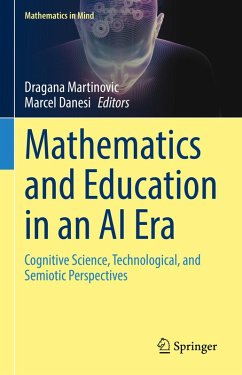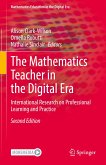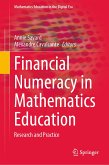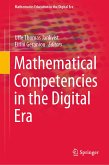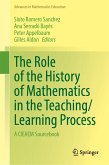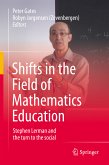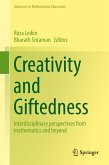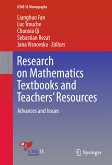The chapters in this book highlight what the new age of mathematics education entails concretely, covering themes from the utilization of AI directly into classroom pedagogy and the semiotic consequences of what this entails, to how mathematics training can be tailored to get students to relate concretely to problems of climate change, and to understand the relevance of the differences between symmetry and asymmetry as psychological constructs. The overall picture we can glean from these chapters is not mere eclecticism, but an integration of disciplinary perspectives into a holistic framework that has great relevance and resonance for mathematics education in the age of AI.
Dieser Download kann aus rechtlichen Gründen nur mit Rechnungsadresse in A, B, BG, CY, CZ, D, DK, EW, E, FIN, F, GR, HR, H, IRL, I, LT, L, LR, M, NL, PL, P, R, S, SLO, SK ausgeliefert werden.

